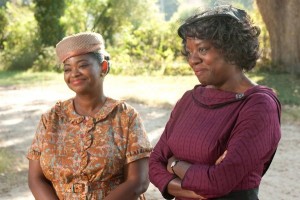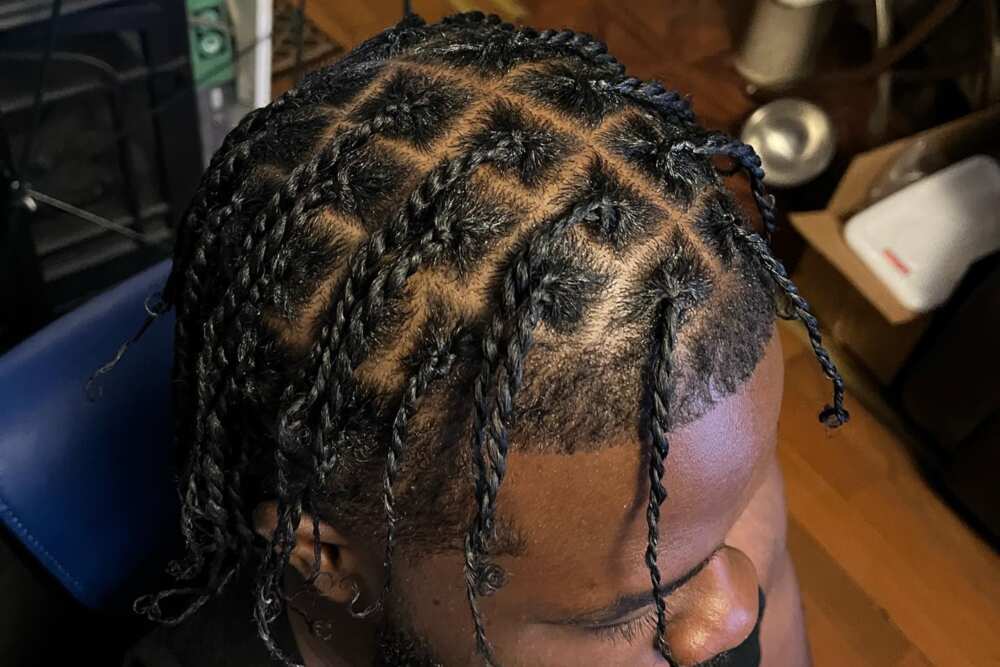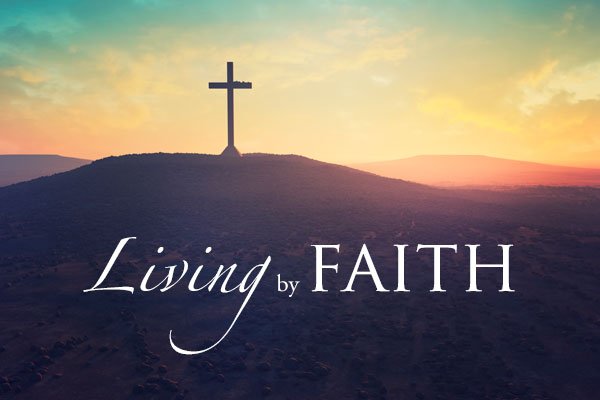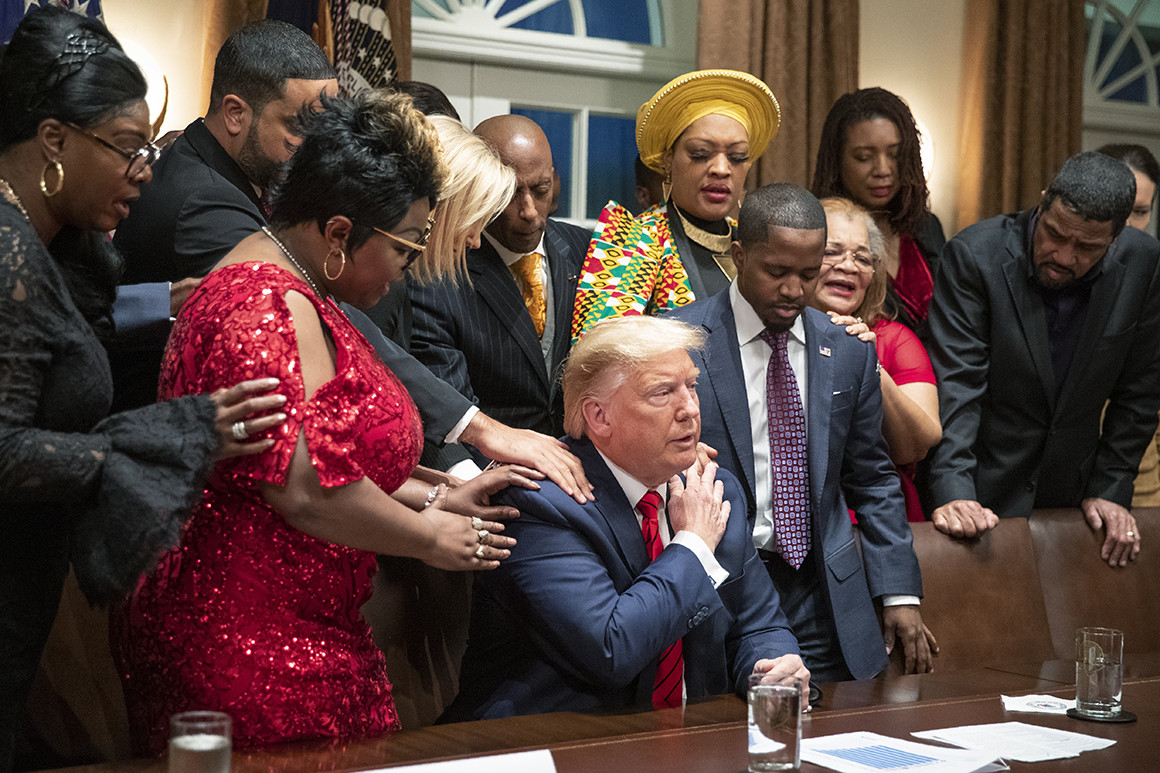(ThyBlackMan.com) Thanks for The Help
An open letter to African American Book Clubs & Readers: A response to your support for The Help
As important as your role is to the African American literary community, I feel it is prudent that I address you at this hour. First, I want to applaud you for holding black authors up and purchasing our books by the tens and twenties per group, allowing us to share our works, and then encouraging your family and friends to support us with their dollars. That kind of love does not go unnoticed and we as authors truly appreciate you for it, so do not ever get that point mistaken.
There is rarely anything that a black book club does in support of authors that could be considered questionable, as we love you for your love of reading.  Bottom line, we black authors appreciate you from the bottom of our hearts, because be it not for you ride-or-die readers a lot of us would not make it to the second book. With that said, this letter is in no way, shape, or form written out of malice. It is written in love.
Bottom line, we black authors appreciate you from the bottom of our hearts, because be it not for you ride-or-die readers a lot of us would not make it to the second book. With that said, this letter is in no way, shape, or form written out of malice. It is written in love.
This love comes to you as an expression in a time when the world is a melting pot in most areas of life, everyone is entitled to their choice, but it is important to evaluate our choices. We live in a world where urban literature is forced into a corner in the bookstore, simply because they know that you all are the only ones that will be looking for us. White readers do not even care to see our books in “their section,” or at least at this point, they have not requested us in the general book sections in the remaining bookstores throughout the country.
Therefore, for the purpose of this letter Urban literature is any book written by a black person – no matter the genre. It is no secret that Urban books receive small to absolutely no support from many white book clubs, at large. However, oddly, this letter comes at a time when a book that has held the number one spot for almost all of 2011, a New York Times Bestselling book converted to movie theater blockbuster breaking record sales all over the country, has received your support in huge numbers, without even needing it, actually. A story of African American history, as told by the Kathryn Stockett.
I must take this time to say that that was a mighty fine thing of you to do, helping to support Mrs. Stockett and her family for generations to come (possibly even in the hiring of their future help). Oh, I am being facetious with the last line, so please read on.
Let’s take a minute to dream and imagine what if, being a black book club and all, you had banded together to stand behind a black historical fiction novel, such as A Long Way from Home by Connie Briscoe or the countless others that are collecting dust at your local Goodwill. Imagine a moment of black history told from the mouths of great-great grandparents of blacks and passed down through the generations and who had actually been The Help. Now, imagine that moment in history captured and receiving the same support as Mrs. Stockett’s novel. Is the imagery fizzling…
Let us be clear. White readers and book clubs have never supported a piece of fiction written by an African American author in this way. After hearing several black book clubs announce that The Help was their book of the month and hearing several friends mention the book, I decided to experience it for myself. I knew it was going to be something extraordinary, and alas I borrowed the audio version from the local library and actually sat through and enjoyed what I think is a pretty good piece of fiction.
I cannot say that I did not fall into The Help’s craze, temporarily. The feeling of nostalgia while travel back into a time where my grandmother and mother were no more than one-dollar an hour help that couldn’t use the main bathroom and where there was one super-white woman who wanted them to write the great American novel about it was definitely an experience. However, this was a short-lived utopia when, as an author, I felt that somehow, someway, and in some sort of fashion the African American fiction historians had been short changed by you.
I found myself ambivalent about the book’s success and not because it depicted black women with thick southern dialect and a yas’sam attitude. In addition, this dislike did not come because it depicted a group of white women with a vile superiority complex, as if it were their birthright. No. I have no issues with these things, because I have no trouble with owning up to the truth of the world we continue to live in or her history.
The problem I have is a simple one and I am hoping that black book clubs can help me work through it, if you will. My question is, why did/do you allow your group to assist in placing millions of dollars into a white author’s bank account while you have grossly ignored stories of history told by black authors?
I know you have not ignored our historical fiction about the strife of slaves and civil rights in a whole, so that is not what I am trying to portray. I guess I’m just left scratching my head knowing that, all the while you were helping Mrs. Stockett (just as her Abilene did for her in the 1960s), white book clubs were largely just as segregated in their reading as church on Sunday morning. Something about this just does not sit easy, and I’m a very reasonable, fair, and understanding person.
Perhaps this question will go unanswered. Perhaps some will consider this letter as “so 1960” and that I am the one pulling the race card for telling the truth as I see it. Or perhaps, you will sympathize with my points made here. Either way, as much as I would like to be more optimistic, I want you to think about the support that similar novels receive from other races. How many times have you witnessed whites support catapulting a black fiction novel, historical or not, into multimillions of sales and a movie deal within two years?
I will be a waiting on ya response ma’ams and suhs, because this situation has left me perplexed and needing your Help.
Signed with thanks and love for your continued support.
A Deeply Concerned Black Author




















I am an author. I am American Black and Creole. I really dont know much about these so-called popular topics of the moment. I have never made love to a vampire, but I have made love to a man. I have never envisioned a world like Harry Potter’s, but I wrote about a wonderful place on earth. The name of my book is “Jake’s Little Secret” I grew up in Texas, and although life was not picture perfect here, my family always made me know I had to be better, not just as good. Because of their philosophy, I have had a rather successful fun life. I wrote about my life and the history of my family. How closely Blacks and Whites are related, but some on both sides would “fight you” if you brought it up. So if you want to read a fun ADULT novel…order a copy of Jakes little Secret;Return to Eden by Paula D. Norwid from Barnes & Nobles or Amazon
I noticed that most of the time when an African-American author receives praise for his book, it is when black pathology is exposed in their novels. I don’t need to name anyone but I am sure you know who I am talking about!!! The mainstream loves it when we are not being portrayed positively, it comforts them in their so-called white supremacy.
where is the late e. lynn harris, eric jerome dickey, toni morrison, terry mcmillian, pearl cleage, please tell where are these authors who have had books that hit the new time best sellers list at #1 and top 5 consistently – I can go on and on with Black authors whose work were well displayed in book stores, no wait, I guess you call them “white book store”.
Your newsletter containes many errors, both factual and grammatical.
Thanks
Arthur,
that’s why I’m not an English teacher. Get it?
Great discussion. All points of view on this topic seem to be represented. By the way, DonDada, isn’t it “If I were an English teacher” not “and.” And did you mean “red marks” instead of “read marks?” No big thing. Everyone makes mistakes, right? Likewise, the writer of this piece may have made a few. But come to think of it, who did write this article? Why is their identity being kept secret?
Dear Deeply Concerned,
I am American-African (sorry, but American comes first) and I have worked in Hollywood for over 20 years. I have read numerous scripts, books and magazine articles; good bad and everything in between.
I have to tell you, your poorly written Open-Letter is very hard to read. Not for it’s subject matter, but because of the poor style of writing. If I were and English teacher, there would be read marks all over this overly-wordy piece. And that’s my point, if you want us to read and recommend your work, make it interesting, compelling and well written.
If you don’t believe me, ask Walter Mosely, Alex Haley or Alice Walker.
A Message to Lewis:
Name us one African-American male author who has the same level of success than Kathryn Stockett right now! So far, no African-American male won the Nobel prize for literature and we all know it is not because they are not talented! Most of the time, our work is not recognized on a grand scale.
I’m an African American male. I’ve met with 12 book clubs since August of last year and I’ve gotten nothing but love, from buying me dinner, gifts and spreading the word about my debut novel via Twitter, Facebook and their websites. I’ve never felt like they were going out of their way to support non-black writers more. Quite the opposite, actually, and I’m an indie author.
I totally agree with the author! I am sick and tired to see those people always getting rich at our expense. I hope that the African-American who’s suing the author will win. She’s askeing only 75 000$. She should ask for much more!
So, we are not supposed to read/buy a good book if it was not written by a black author?
How rediculous!
I have read many books by authors of many races, and I read them because the story line is interesting, it is well written, and I am fully engaged.
It seems sad to me that a black author would make these comments.
This type of story is out there for any writer to have conceived in their heads. Because “The Help” was not written by a black writer is no reason not to have bought/read the book.
Sorry, but this article/writer sounds like sour grapes to me, and very petty.
Kathryn Stockett wrote the book, not Karen. And what is the deal with the “Miss” you felt the need to add to her name.
It took 68 years for Their Eyes Were Watching God to go from book to Film, nuff said.
Yes, we read the book, went to see the movie, enjoyed doing both, and do not appreciate attempts to make us feel guilty. I love reading and am always looking for a great book written by a black author. I am currently reading “Black Women Redefined” by Sophia Nelson. Maybe your efforts would be better served by using social media, blogs, facebook and twitter to promote the best books by black authors, as I’ve seen Terry McMillan do recently on twitter.
And btw, I also do not appreciate being encouraged to read a poorly written book, just because the author is black. Too many times I’ve been disappointed after investing my time and money in a bad book by a black author.
Let’s all lift up and share good stories and writing by the many talented black authors struggling to get their books read. We can do that without shaming others for also choosing to read books by white authors.
Ummmm. Good thought. I understand what you’re saying. As a club president our club supports mainly independent authors and a few mainstream ones.
First let me say this, I am not black. It seems your letter was not intended for me. That said, I found your writing interesting but not accurate. I have been a member of many book clubs and we have always had diverse authors. From Any Tan to Toni Morrison, we have never considered race when choosing a book. A great book is a great book, period. One of my favorites is Their Eyes Were watching God by Zora Neale Hurston. Also, during school, required reading always carried a diverse group of books. My perspective may be skewed though. I live in Alabama where the Civil Rights Movement is not just a memory, we still live it. I think the most wonderful thing about The Help is that it is bringing many issues to light. It’s creating healthy debate. It’s showing us what real diversity is.
Glad to see a fellow sister speak out. I know first hand how our book clubs go out their way to showcase non-black authors.